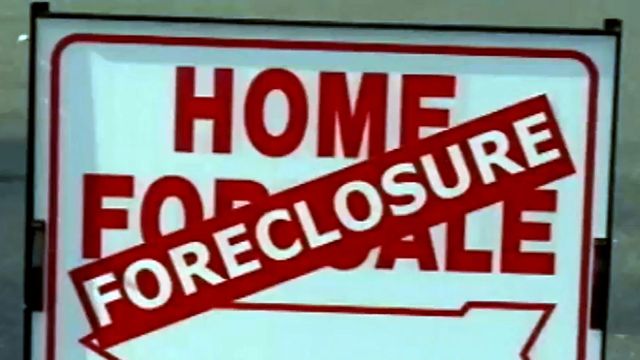Stimulus means fewer bankruptcies in NC, for now
The federal government has doled out $9 billion in unemployment benefits and more than $1 billion in forgivable business loans in North Carolina in the past year to help families and businesses weather the coronavirus pandemic.
The government parachute appears to have worked, as the fewest bankruptcies were reported nationwide in 34 years.
WRAL Investigates found North Carolina fared even better than the rest of the country. While bankruptcy claims dropped 29.7 nationally claims dropped 31.7 percent in North Carolina's Eastern District federal court, 33.9 percent in the Middle District and 38.4 percent in the Western District.
But attorney Travis Sasser said it could all be a temporary illusion of stability.
"There are so many moratoriums on collections, but foreclosures, that’s probably the biggest thing that’s making bankruptcy filings low," Sasser said, adding that student loan relief and forgivable business loans have kept people out of bankruptcy court.
The lower numbers largely reflect personal bankruptcies, with fewer homes going into foreclosure and restrictions on rent and utility collections. But Tar Heel businesses also survived better than the rest of the country.
Nationally, Chapter 11 business reorganizations rose 19 percent. In North Carolina’s Eastern District, which includes Wake County, they dropped 16 percent.
"The government loans have certainly helped a lot of small businesses, but whether or not they’re really truly sustainable on the backside of the pandemic, I guess we’ll find out," Sasser said. "What we’ve been experiencing since last April is not likely to remain that way."
He predicted the road ahead could be rough for many, with collection moratoriums expiring and Congress still debating another round of stimulus. Past mortgage and rent payments are still due and not forgiven, in many instances, so people will need to set up payment plans.
Although the number of bankruptcies will likely go back up, Sasser said he doesn’t think it will get as bad as during the recession and housing crisis 12 years ago.
"I think the latter part of the year will be above what it was, but it will not be – but my prediction is – it will not be historical," he said.












